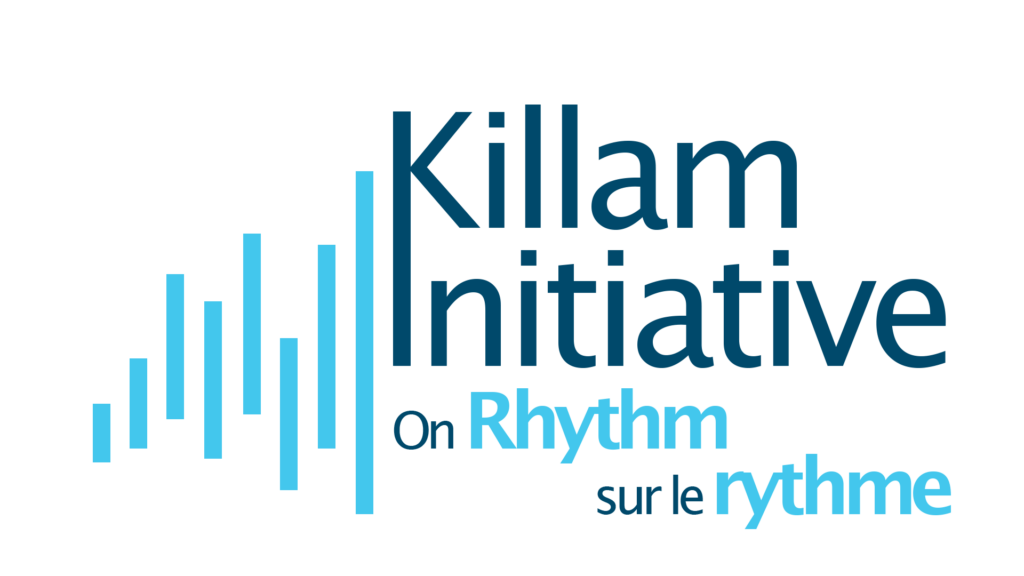An innovative transversal reflection initiated by the five winners of the 2018 edition of the prestigious Killam Prize
Natural Sciences, Humanities, Social Sciences, Health Sciences and Engineering. Bringing these fields together around a common issue could at first glance seem utopian, as the gaps between them are so great. However, the recipients of the 2018 Killam Prizes have convinced an entire community of researchers to join them in their intersectoral reflection on rhythm, which was soon supported by the Canada Council for the Arts, the FRQSC, the Cinémathèque québécoise, and the Faculty of Arts and Sciences of the Université de Montréal, creating the Killam Initiative On Rhythm.
UdeM's intersectoral meetings on rhythm, designed jointly by the CinéMédias Laboratory and the Vice-Rector's Office for Research, Discovery, Creation and Innovation, offer multiple highlights where the winners of the 2018 Killam Prize, major institutional players, researchers, students and the general public can exchange and broaden their visions on this fundamental theme in an unprecedented way. Major conferences by the five laureates, round tables, poster sessions, film screenings, opening cocktails are just some of the events that punctuate these days. This formula thus offers opportunities to discuss in a formal or more intimate way the major methodological and structural issues in terms of research, pedagogy and funding that intersectorality represents, in all its relevance and difficulties.
This synergy of intellectual and humanist impulses aspires to foster the creation of new knowledge and new practices through the cross-fertilization of ideas and expertise from different horizons. The aim is to prepare the next generation and to adapt to the challenges of tomorrow, when the boundaries between disciplines will be less and less of an obstacle to the emergence of increasingly ambitious, innovative and collaborative projects.
As you browse through the audiovisual archive galleries of major conferences, interviews and round tables of the Killam Initiative On Rhythm, you will find a crossroads of ideas and expertise from different horizons resolutely focused on the major methodological and structural issues of today and tomorrow raised by intersectorality in terms of research, teaching and funding.

